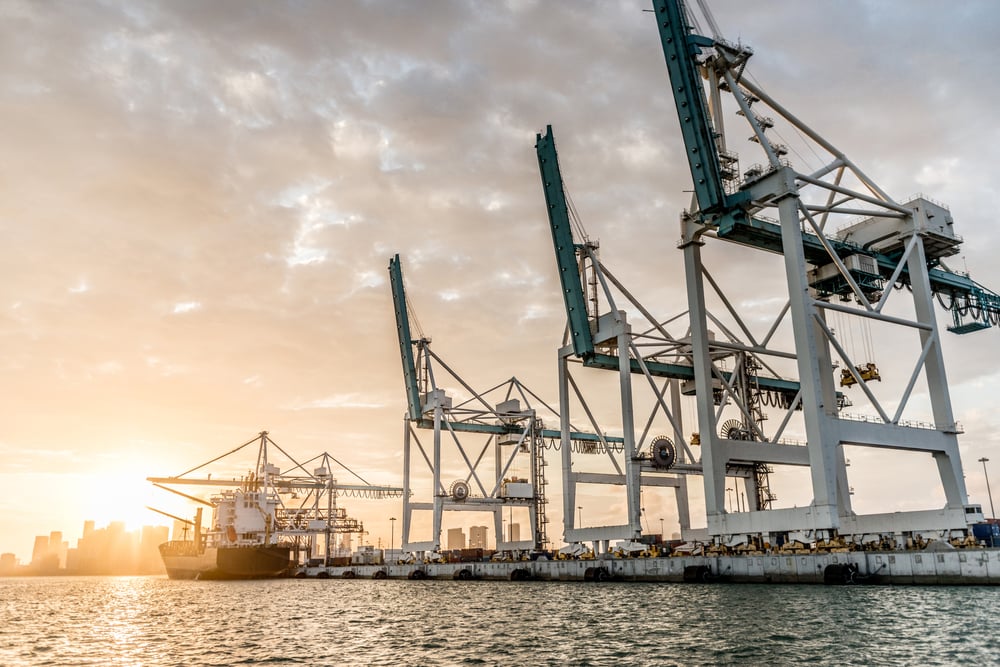Following the three-week palm oil export ban revoked on the 23rd of May 2022, the Indonesian government issued a Domestic Market Obligation (DMO). The DMO requires producers to sell about 300,000 tonnes of palm oil supply on the domestic market to ensure sufficient supply. According to market sources, shipments have been slow as exporters faced some issues with the new requirements. Additionally, Indonesian palm oil farmers have struggled to sell off palm fruits, with storage tanks at mills reaching full capacity. Thus, on the 7th of June, the trade ministry put an export acceleration scheme regulation in place, intending to ship at least 1 million tonnes of crude palm oil (CPO) and derivative products. This regulation is expected to be effective until the 31st of July 2022, to maintain production stability and keep domestic palm oil fruit prices at the farmgate level. Additionally, the maximum export levy rate for CPO has been reduced from USD 575/tonne to USD 488/tonne to encourage shipments. The Mintec Benchmark Prices (MBP) for Indonesian palm oil declined marginally by 0.5% month-on-month (m-o-m) to IDR 24,498/litre on the 9th of June. The export ban was set to curb domestic prices to IDR 14,000/litre; however, the prices remain 75% above the expected target level.
Global palm oil prices could remain firm on export regulations, expectations of higher demand from China as it reopens from COVID-19 pandemic-induced lockdowns and a sustained price rally in the wider vegetable oil complex. Nevertheless, expectations of increased output for the upcoming 2022/23 marketing year (MY) could put pressure on prices once planting begins. According to the United States Department of Agriculture (USDA), the global palm oil production for the upcoming 2022/23 MY is forecast at 79 million tonnes, up by 3% from the 2021/22 MY estimate. This increase is attributable to higher output estimates in Indonesia and Malaysia as favourable weather is set to return to Southeast Asia. Additionally, it is anticipated that Malaysia will resolve the labour shortages caused by the COVID-19 pandemic, which has prevented the 2021/22 MY harvest from reaching full capacity.

.png?width=145&height=54&name=Mintec_Logo_Small_Use_Mono_RGB%20(2).png)

















